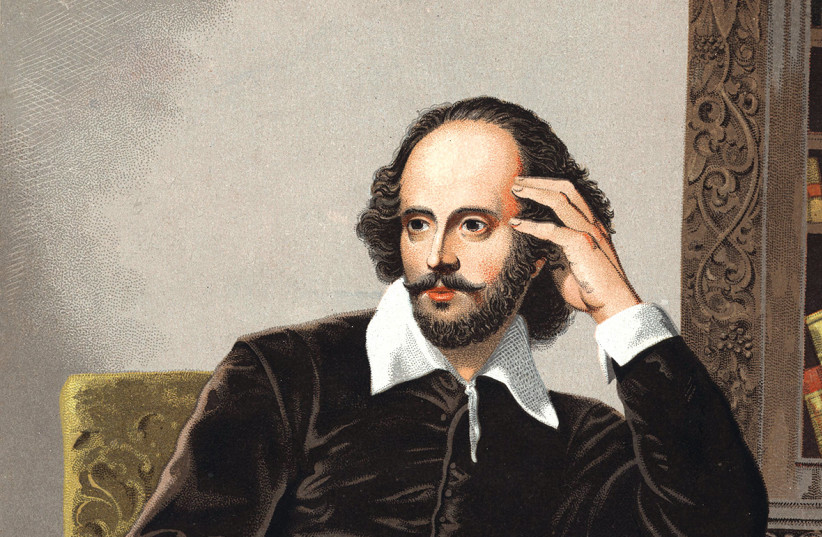Pepys had a cousin called Edward Montagu, a person of extreme importance at the time when King Charles 1 was forced into exile and later executed. Oliver Cromwell became Lord Protector, and Puritanism took hold of the country. In modern times we recognize Montagu as a Jewish name. But could the man whom Cromwell made commander of the British navy have been Jewish? All the prevailing conditions make it extremely unlikely. To begin with, Jews were expelled from England by Edward I in 1290. Following the notorious Synod of Oxford in 1222 that severely restricted how Jews could earn a living, antipathy to the Jewish people was widespread, and the king probably used this to enact the expulsion and procure heavy taxes to pay off his considerable debts. Incidentally, in May 2022, 800 years later, the archbishop of Canterbury finally apologized for the Synod of Oxford.
In contrast, it took a mere three and a half centuries for Jews to be officially re-admitted to England. Cromwell petitioned his Council of State, to which he had appointed Edward Montagu as president, to pass a law allowing Jews to live and work in England, an aim which was eventually realized in 1656. Cromwell’s motivation seems to have been commercial, having observed how prosperous Amsterdam had become after receiving thousands of Jewish escapees from the Inquisition in Spain and Portugal. Montagu’s fortunes only multiplied under Cromwell, both as a Member of Parliament and as a military man, but he made a dramatic U-turn in his allegiance after Cromwell died, and by 1660 was instrumental in bringing back Charles II from exile. England was once again a royalist nation. Montagu was rewarded by being made Earl of Sandwich as he continued to head the navy. He died, probably drowned at sea, during one of the many battles in which he was necessarily involved. He was buried in Westminster Abbey, presumably as a Christian, though he is recorded by Pepys as having denied association with any form of religion throughout his life.
I can find no connection to Judaism among his Montagu ancestors, but this still does not rule out the possibility that there was one. It is on record that despite the Expulsion, there were Jews in England after 1290, often appearing as Catholic refugees from the Inquisition.
This brings us to the question of why Shakespeare chose the name Montague, adding a final “e” for his tragic hero. There is no suggestion in the play that antisemitism played any part in the antagonism between the Capulets and the Montagues. But it is well known that there were many Jews in Verona where the play is set. Large numbers had fled to Venice and its surrounding area from the Inquisition. It is also on record that Shakespeare was aware that there were Jews in England at the time he was writing, possibly having witnessed the execution of Rodrigo Lopez, Jewish physician to Queen Elizabeth I. He had been accused of plotting to kill her and it may be on him that Shakespeare based the character of Shylock, for whom he showed a good deal more sympathy than contemporary audiences allowed themselves.
It seems, however, that the name Montagu as a specifically Jewish family name only began with a Moses Samuel born in Liverpool in 1832. He was given the first name Montagu as an English version of Moses, but he later reversed it to become Samuel Montagu, founder of the famous London bank. He was also a Liberal Member of Parliament, a philanthropist, and an early supporter of the establishment of a Jewish country in the Middle East. Made the first Baron Swaythling, he was the forefather of generations of notable Montagus including Ewen, the brains behind Operation Mincemeat, the most successful military deception in the defeat of the Nazis in WWII, and Lily, the founder of Progressive Judaism in the UK.
At the end of my research, I conclude that the only Montagus we can legitimately claim for Judaism are those who came by their name almost 200 years ago, thanks to an enterprising gentleman, born to a family called Samuel living in Liverpool in 1832. ■

